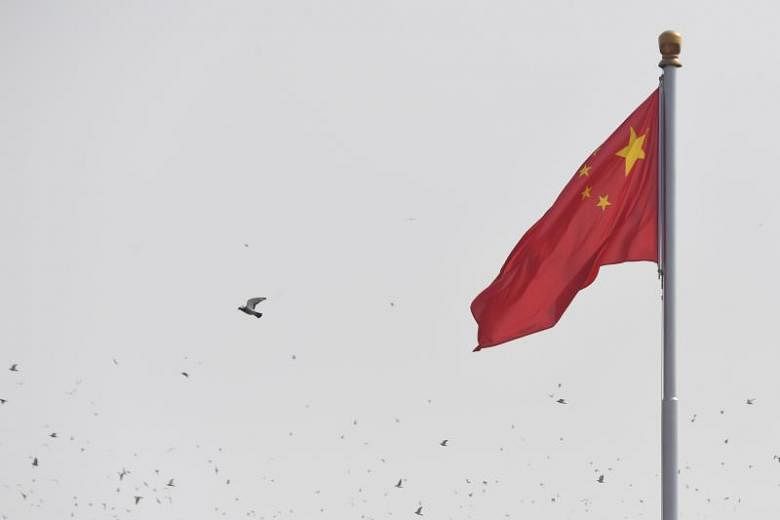China's drive to learn and relearn since the late 1970s was immense, and the transformation achieved, breathtaking (China learning, unlearning, relearning, Sept 28).
When its paramount leader Deng Xiaoping visited Singapore in 1978, he spent time to learn about our public housing and industrialisation programme.
In the early 1980s, two colleagues from Lianhe Zaobao and I visited the Wenhui Bao office in Shanghai to explore a cooperation project. There I gained first-hand experience of their humility and keenness to learn.
Circulation-wise, Wenhui Bao was a giant compared with Lianhe Zaobao; but it had very negligible advertisement income.
Lianhe Zaobao's advertisement revenue was in the tens of millions of dollars, something out of their imagination.
They asked many questions about how we attained the revenue over the years. They were also keen to learn how we conducted market research to help our business and improve newspaper content.
A year or two later, a few Wenhui Bao staff and government officials visited Lianhe Zaobao. The government officials requested that we help arrange for them to visit the Singapore stock exchange. We did.
China re-established its Shanghai Stock Exchange in 1990, which is now the fourth largest in the world by capitalisation.
China is now a major investor in many countries around the world and is a leader in many new businesses, like the tech giants it has.
With its huge capability, China can act and advance faster than any nation once the environment allows.
To tap the opportunities China offers, more and more young people in the region are now learning Mandarin or going to China to study. These nations are taking increasing steps to adapt to the rise of China.
However, the sheer size of China with its vast advancement, not just in the economic but also geopolitical and military fronts, also poses certain threats to countries here.
South-east Asian nations used to adopt a very cautious approach when dealing with China in the 1960s and 1970s, when they were wary about China's political influence then.
China should be sensitive of this new wave of wariness entailed by its fast rising. More diplomatic, social and cultural interactions could help promote better understanding between China and the other countries, and China needs to take a major step in this area.
Albert Ng Ya Ken

